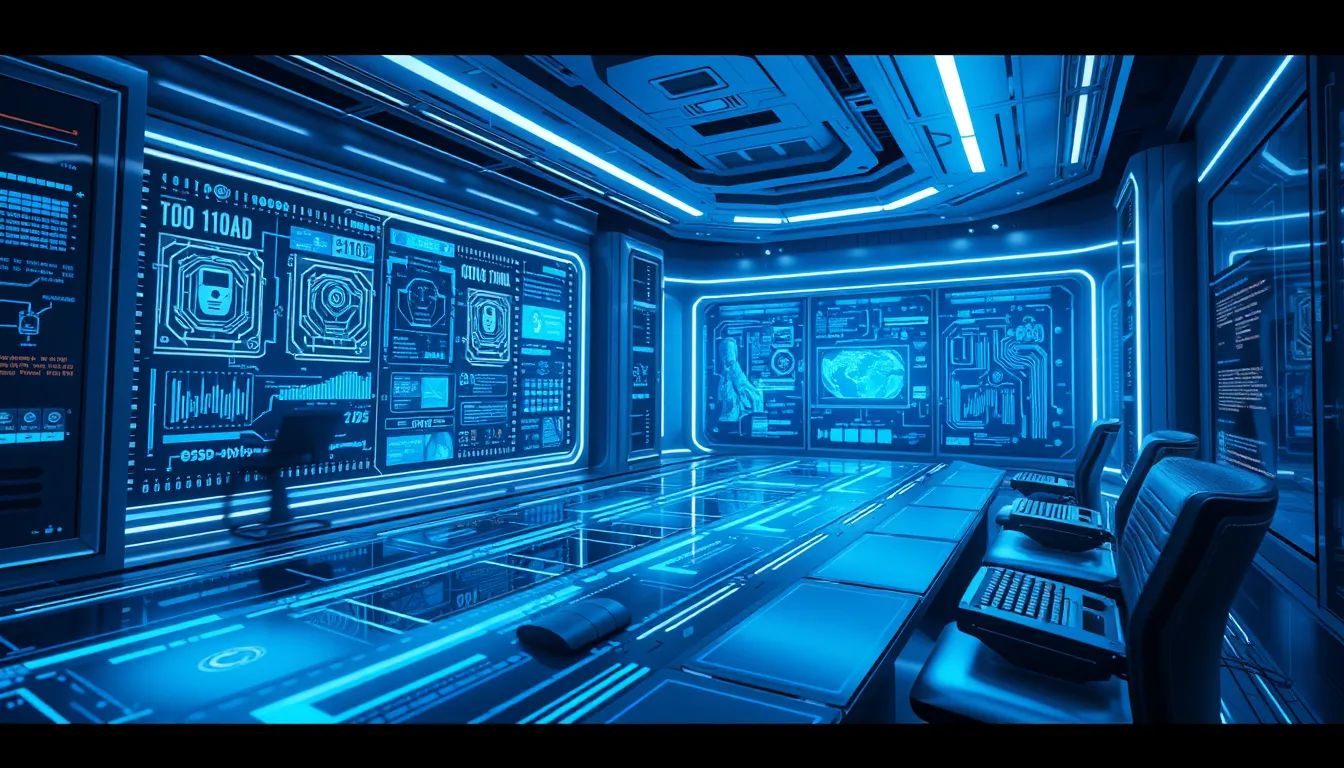Now Reading: Powerful AI in Healthcare Diagnostics: Boosting Patient Care
-
01
Powerful AI in Healthcare Diagnostics: Boosting Patient Care
Powerful AI in Healthcare Diagnostics: Boosting Patient Care

Powerful AI in Healthcare Diagnostics: Boosting Patient Care
The integration of AI in healthcare diagnostics is reshaping medical practices across the globe. In this article, we explore how AI in healthcare diagnostics enhances diagnostic accuracy, transforms medical imaging, and predicts disease outcomes more effectively than traditional methods. With a rising trend in digital health, understanding this technology is key for patients and professionals alike.
The Rise of AI in Healthcare Diagnostics
Increasing advancements in artificial intelligence have brought a new era in medical diagnostics. AI in healthcare diagnostics is not just a technological trend—it has become an essential tool for accurate and detailed insights in medical imaging and disease prediction. Healthcare providers worldwide are now leveraging AI-powered systems to reduce human error and improve patient outcomes.
Benefits of AI in Healthcare Diagnostics:
- Improves diagnostic accuracy and speed
- Enhances medical imaging interpretation
- Predicts disease progression and patient risk factors
- Optimizes treatment plans
With these benefits, AI in healthcare diagnostics proves indispensable. Tools and technologies using machine learning algorithms analyze imaging data and patient records to offer precision diagnostics. For instance, recent studies show that integrating AI can detect early signs of diseases such as cancer and cardiovascular problems, leading to timely interventions.
How AI Improves Diagnostic Accuracy
One of the most significant improvements from AI in healthcare diagnostics is the enhancement of diagnostic accuracy. By processing vast amounts of patient data, AI systems identify subtle patterns and anomalies that might be overlooked by traditional diagnostic methods. This capability is especially critical in early detection of diseases, where every moment counts.
The Role of Machine Learning and Neural Networks
The backbone of AI in healthcare diagnostics is machine learning. Neural networks, a subset of machine learning, mimic the human brain’s pattern recognition abilities, allowing them to improve with each case study. Hospitals and research institutions, such as the National Institutes of Health (NIH), are pioneering studies that prove the effectiveness of these systems. AI-powered tools are being employed to analyze everything from X-rays and MRIs to genetic data.
Overcoming Challenges in AI Implementation
While AI in healthcare diagnostics offers tremendous promise, several challenges must be addressed:
- Data Privacy and Security: Protecting patient information is paramount. Healthcare providers must ensure that AI systems adhere to strict data protection guidelines.
- Integration with Legacy Systems: Implementing new AI technologies can be complex when interfacing with existing healthcare IT systems.
- Need for Continuous Training: AI models require constant updates and training with new datasets to remain effective.
Strategies for Successful Integration
- Partner with tech experts who specialize in health informatics.
- Invest in robust cybersecurity measures and data encryption.
- Ensure ongoing training programs for healthcare staff involved in AI operations.
This structured approach not only maintains the integrity of patient data but also ensures that AI systems continue to provide high diagnostic reliability.
Future Trends in AI Diagnostics
- Real-time diagnostic tools that provide instant feedback.
- More personalized treatment options based on predictive analytics.
- Expanded use of cloud computing to enable remote diagnostics.
Such innovations are already being discussed at major health conferences and are supported by global organizations such as the World Health Organization (WHO). These developments illustrate the transformative impact of AI in healthcare diagnostics, leading to faster, more accurate diagnoses and better patient outcomes.
Conclusion
To summarize, AI in healthcare diagnostics is a groundbreaking advancement that enhances diagnostic accuracy and revolutionizes patient care. From improving medical imaging to predicting disease progression, the integration of AI offers numerous benefits for healthcare systems. By addressing challenges related to data security, integration, and continuous training, the potential for innovation in medical diagnostics is immense.
As healthcare continues to evolve in this digital era, embracing these technologies can further boost patient outcomes and pave the way for a more efficient, accurate, and patient-centered approach. The future is now, and AI in healthcare diagnostics stands as a pillar of modern medicine, driving transformation and promising improvements in healthcare delivery for future generations.
For more insights into how technology is reshaping healthcare, visit reputable sources like the Centers for Disease Control and Prevention (CDC) or trusted medical journals. The journey toward revolutionized diagnostic practices is well underway, and it’s an exciting time for both professionals and patients.

























